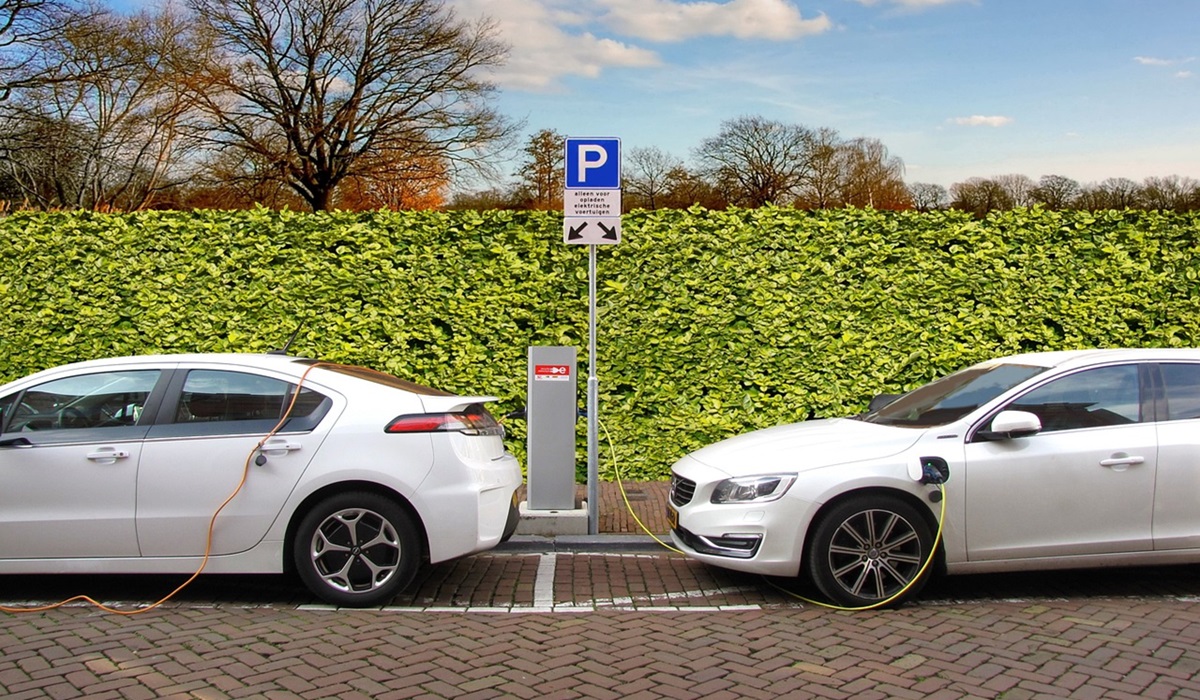Canada Follows U.S. Lead with 100% Tariffs on Chinese EVs, Raises Concerns Over Economic Independence
- TDS News
- Breaking News
- August 26, 2024

The Canadian government’s decision to impose a 100% surtax on Chinese-made electric vehicles (EVs) demands scrutiny, especially given its alignment with the United States’ earlier similar tariffs. This action raises serious questions about Canada’s economic independence and the wisdom of closely following U.S. policy at a time when global power dynamics are shifting rapidly.
As of June 2024, Canada imported $462 million worth of EVs from China. The surtax, however, disproportionately targets Chinese EVs, despite the fact that China has not prioritized the North American market. Instead, China’s focus has been on expanding its presence in Europe, Russia, Asia, the Middle East, and Africa. This tariff seems less about protecting Canadian interests and more about mimicking U.S. actions, without fully considering the implications for Canada.
The portrayal of Chinese EVs as inferior is misleading and undermines the reality of the global automotive market. Industry leaders like Elon Musk have acknowledged the high quality of Chinese EVs, with companies such as BYD, Xiaomi, and Huawei producing vehicles that rival or surpass Tesla in terms of quality and features, all while being more affordable. Yet, Canadian officials continue to push a narrative that borders on grievance and envy, rather than providing a clear and objective rationale for the surtax.
The recent press release from Deputy Prime Minister Chrystia Freeland exemplifies this flawed approach. Instead of offering a well-founded justification for the surtax, the statement seemed more like a list of complaints about China’s success in the EV industry. This not only diminishes the credibility of Canada’s leadership but also raises concerns about its ability to compete in a rapidly evolving global market.
The consequences of these tariffs could be significant. By restricting access to affordable, high-quality EVs, the government is undermining its own ambitious goals for zero-emission vehicle adoption. The target of ensuring that 20% of new light-duty vehicles sold by 2026 are zero-emission, rising to 60% by 2030 and 100% by 2035, becomes increasingly difficult to achieve under policies that limit consumer options and raise costs.
Moreover, this alignment with U.S. policy exposes Canada to potential retaliatory tariffs on its own industries. Following the U.S. without considering the broader consequences is a risky strategy that could ultimately harm Canadian businesses and consumers alike. It’s time to question whether blindly following U.S. economic strategy truly serves Canada’s best interests, especially when the global landscape is shifting toward a more multipolar world with the rise of BRICS+ nations.
It’s also important to recognize that the Trudeau Liberals have been in power for nearly a decade, during which time their lack of innovation and foresight has become increasingly apparent. The current economic challenges facing Canada are not solely the result of external pressures but are also a reflection of the government’s failure to adapt and lead in a changing world. Canadian consumers should not bear the brunt of these failed policies, nor should they be misled into believing that tariffs on Chinese EVs are the solution to deeper systemic issues.
Canada must start making decisions that reflect its unique position in the global economy, rather than automatically aligning with U.S. directives. The ongoing reliance on U.S. policies has already contributed to economic difficulties in several European countries, where adherence to American strategies has led to significant challenges. Canada should heed these warnings and begin to chart its own course, focusing on policies that genuinely benefit its citizens and industries.
In the end, Canada’s future success depends on its ability to stand on its own two feet, making independent decisions that prioritize national interests over external influences. This brings us to a critical point: if the Trudeau administration’s only solution to the challenges facing the Canadian economy is to blame China, it may be time for the country to consider a new direction. A government that cannot or will not take responsibility for its own policy failures and instead resorts to finger-pointing is not one that is likely to lead Canada into a prosperous future. gains.








